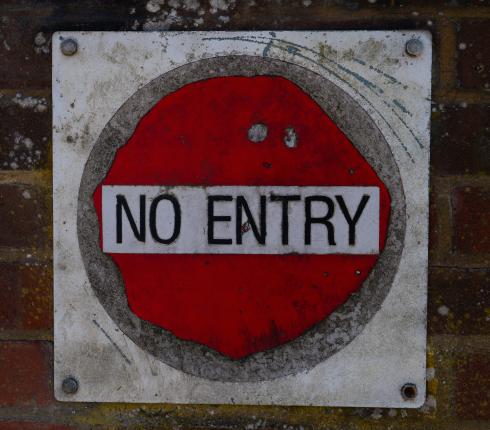How to enforce a claim that has been issued in a positive judgement?
A positive judgement might not always ensure a positive outcome for the claimant. One of more common examples are situations, where the court satisfies their financial claim, but it turns out that the opponent doesn’t have enough resources to comply. In most cases, turning to the bailiff is also useless, since there aren’t any assets for the bailiff to arrest and sell.
It’s possible to minimize the risks related to positive judgements and enforcing the claims in the beginning stages of a dispute. To do so, you have to submit a certain document to court – an application to secure a claim. With this application you can apply for the court to implement measures that would ensure that the claimant can enforce their claim based on the court judgement. For example, to ensure that the claim is enforced, one can apply to get the opposite party’s assets arrested or to set a judicial mortgage to their register property. The court can also forbit the opponent from performing certain transactions or operations, that might directly affect the opponent’s assets, which could be used to enforce the future judgment. Measures that can be taken in order to secure the claim are not definitively set by the law, which means that the court can apply other measures that they deem necessary in order to secure the claim.
The court has a large discretion in resolving the application for securing the claim. Unfortunately, occurrences where the court finds the application or the requested measures to be unjustified and fails to satisfy the application, are not uncommon. To ensure a successful application, you have to point out specific circumstances, that imply that enforcing the future judgement might be complicated or impossible without securing the claim. You would also have to justify your claim and its perspective.
If the court satisfies the application to secure the claim, it allows to substantially minimize the risks related to enforcing the judgement later. That being said, you should also keep in mind that when it comes to financial claims, submitting the application for securing the claim only makes sense in cases, where the opponent hasn’t already lost their assets in the beginning of the dispute. To map and minimize the risks related to enforcing the judgment later, it would be reasonable to consult an expert.










































